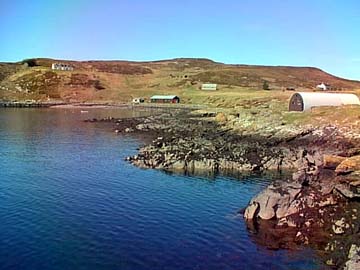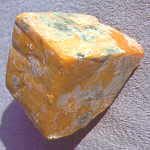Travel publisher Lonely Planet has been forced to let go some of its staff, leading to speculation that its future is uncertain.
In a recent article in the Guardian, the company has “shed its editorial staff as part of an overhaul followings its sale by the BBC”, resulting in fans and travellers taking to Twitter to create something of an early eulogy to the Melbourne “home-grown” company, using the hashtag #lpmemories to describe experiences had largely in part to the indispensable travel guide.
From its humble beginnings in the 1970s, Lonely Planet was a pioneering publication in that it encouraged would-be travellers to venture “off the beaten track” and made suggestions as to the best way to get a true taste of the place they were visiting.
Comprised of a small but dedicated team of people with a limited budget and a genuine love of travel and adventure, Lonely Planet sent people – ready, willing and able – to all corners of the globe to experience and soak up the local culture, while writing about it along the way.
Even as the world moved into the digital age, Lonely Planet was not to be left behind and in fact launched its website in 1995 in a bid to achieve what their guidebooks were doing in the context of an online community. Yet it is precisely the recent claim that the new owners of Lonely Planet want to focus less on content creation and more on a “digital strategy”, which is signalling a downturn of the company’s fortune.
Even in the midst of the global recession, there was undeniably a market for travel and adventure, as Lonely Planet reported healthy business in 2008, but book sales have been declining ever since another key indicator of the digital age.
Particularly, the market for travelling “on a shoe-string” ought to have seen business for Lonely Planet increasing – rather than decreasing – over time, but in being forced to let go the very people who invest their own time and energy into gaining a first-hand insight into a previously unknown place, they are losing the “expertise” which has for a long time, made them such a trusted and dependable guide.
With people migrating to sites such as TripAdvisor, who allow literally anyone to write a review regardless of how much experience or knowledge they actually have, it is perhaps inevitable that Lonely Planet would begin to struggle to compete.
Furthermore, the “digital strategy” being proposed by the new owners may not even be a negative thing for the company. The hope, in any case, is that somehow they will be able to retain the personal touch, and words of wisdom for which they have become so well known, as they are moved on into an uncertain future.



